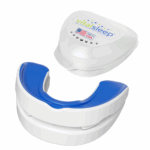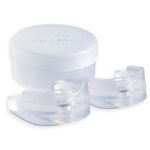Working conditions for dental hygienists in the US are sometimes less than ideal. Most dental hygienists work as at-will, part-time employees. These employees don’t usually have access to the same benefits and job security as full-time employees. For us, this type of insecurity goes hand-in-hand with the job title and we accept it as it is.
You must be logged in to access this content.
It looks like you’re not signed in. To continue, please log in or create an account.





